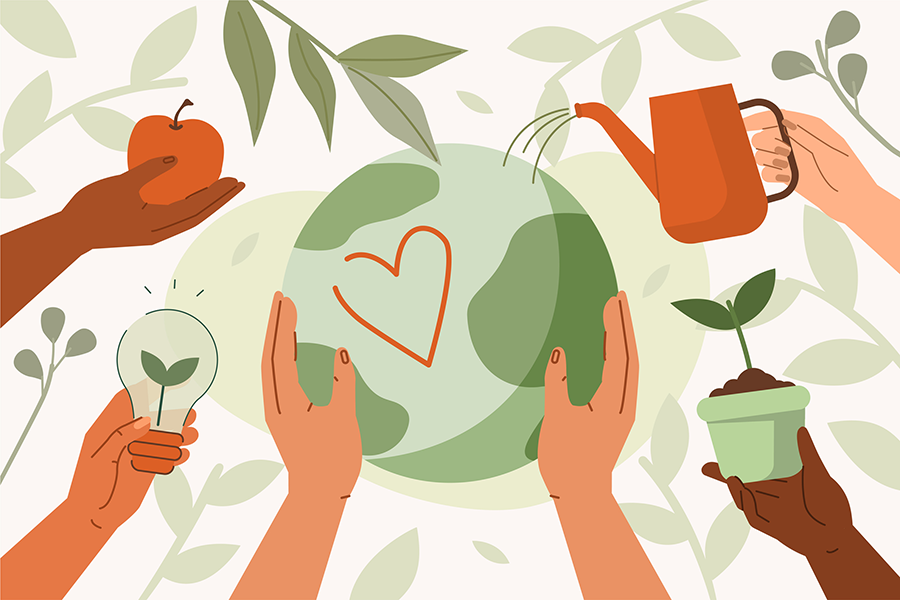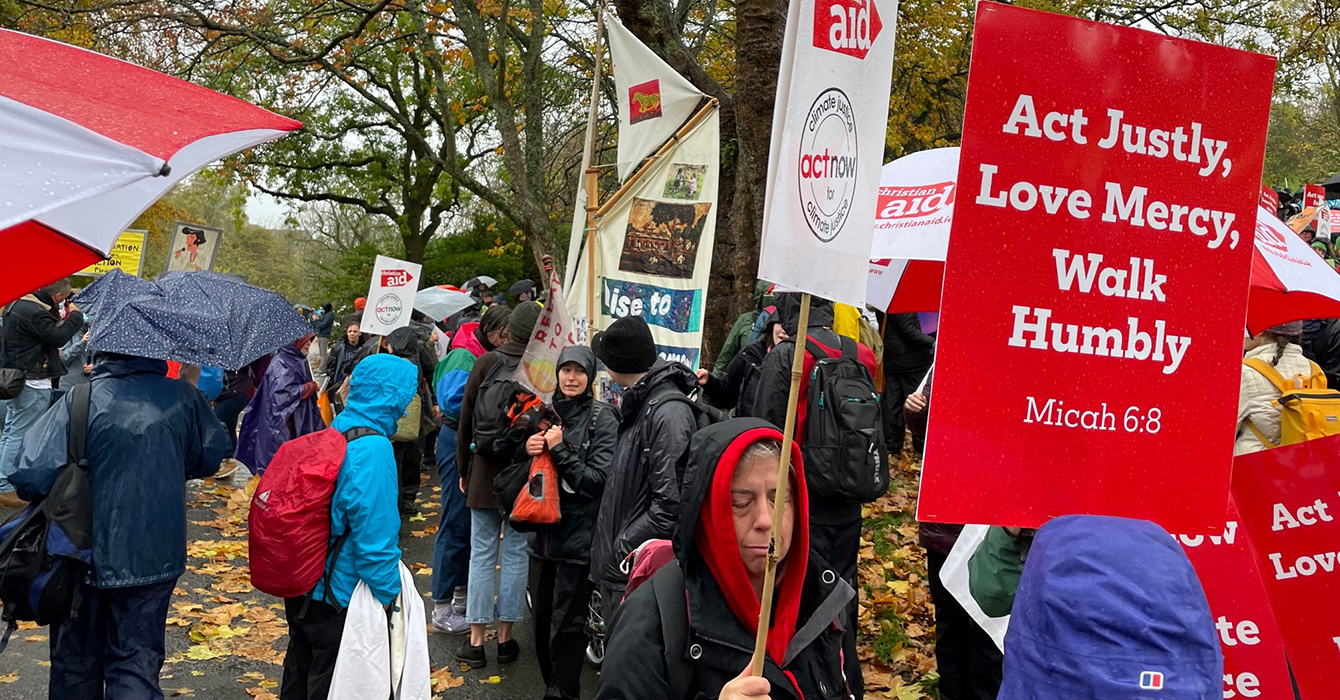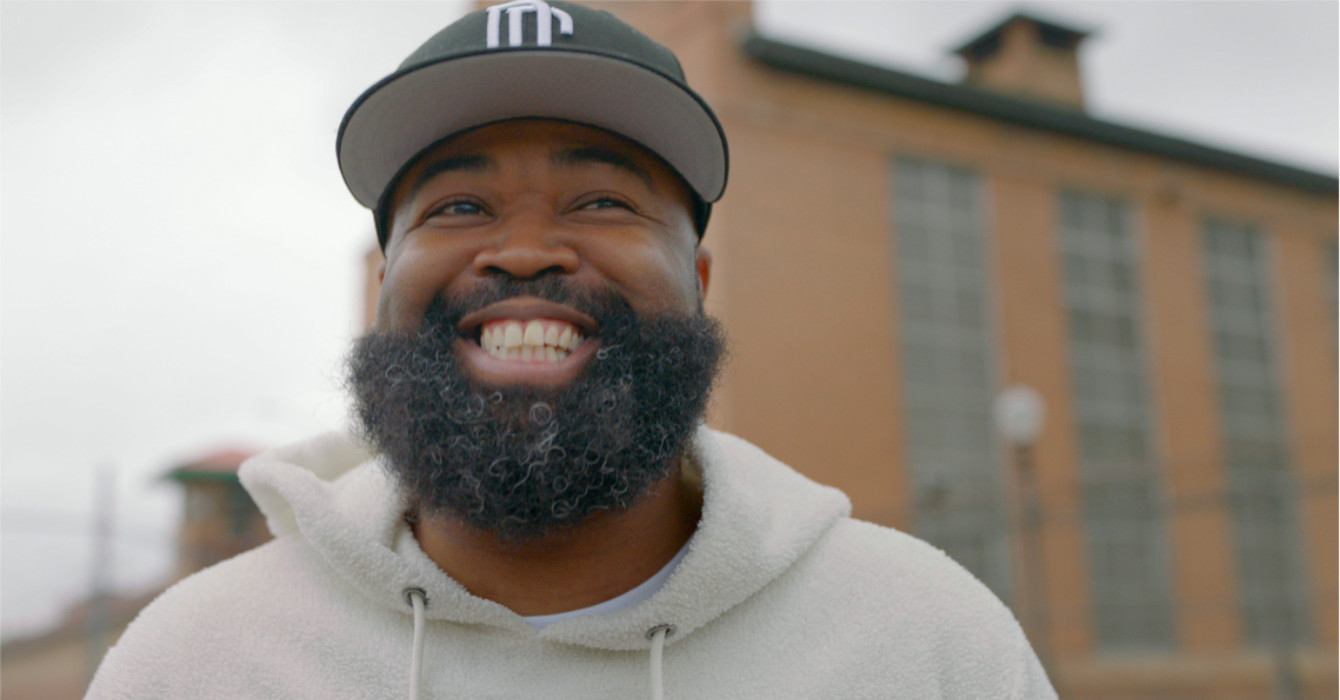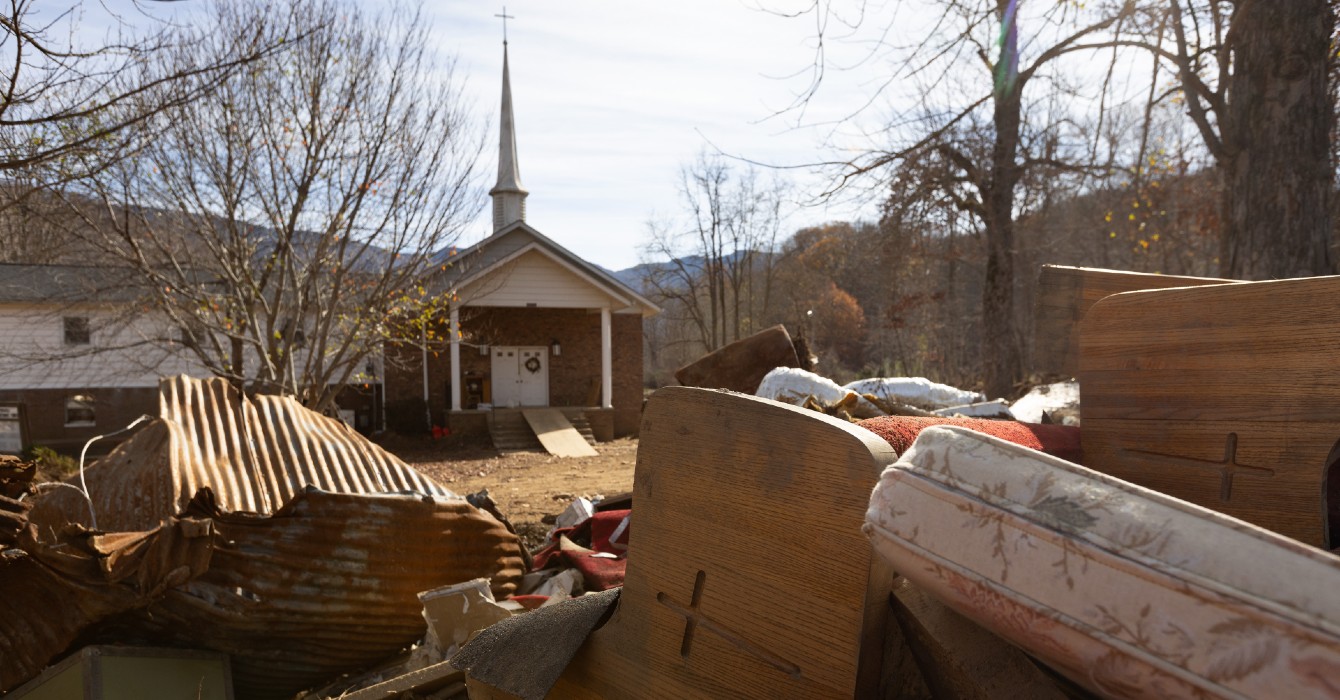For all the talk by politicians about optimism and the bright future ahead, many of the students I teach are not buying it. A growing number among them are telling me they are not planning to have children. Their decision isn’t selfish. It stems from the multiple worries they have about things like accelerating climate change, gross economic and social inequality, and the normalization of hate.
I agree with them that there isn’t much reason to be optimistic about the future. But this doesn’t mean they can’t be hopeful. Hope and optimism are not the same thing.
I’ve studied social and environmental movements for three decades and am now helping lead a major research university’s efforts to address climate change. This experience has taught me that optimism can actually get in the way of creating a just and hopeful future.
The problem with optimism is that it is a status quo concept. It assumes that even if present times are bad, the future will eventually and somehow turn out all right. Why? A common refrain is that some person or some new technology will come along and save us. At its core, an optimistic attitude believes that the current order is basically sound, trustworthy and deserving of our commitment.
Most of the people I talk to are not convinced of this. Some even say that optimism is dangerous, because it prevents us from correcting the conditions that create so much despair in the first place.
So how is hope different?
Hopeful people do not assume that everything is going to be all right. They see the current trouble and expect that more is on the way. That makes them honest. Hopeful people also resist efforts to predict the future, because nobody knows exactly how things are going to turn out. That makes them humble.
In addition to honesty and humility, a crucial characteristic of hopeful people is courage. Seeing the trouble, facing the pain and suffering, they do not withdraw or become bystanders who assume others will take care of the situation. Instead, they work to create a world better than the current one. It takes courage and a creative imagination to picture what by current standards appears to be an impossible future. It takes resolve not to give up when obstacles to that future come along.
That makes love the essential power that inspires and animates authentic hope. Without the activation of love, hope withers and dies. I don’t mean the sentimental love that, like optimism, assumes a smooth and tidy world that is easy to embrace. Rather, the love that energizes hope is often accompanied by sadness and lament; it grieves the damage done to this lovely world. It often takes the form of protest and resistance, because it demands an end to the wounding of life.
I am inspired daily by the many people I meet who want to give themselves to the creation of a just and beautiful world. They are building community gardens that invite their neighbors to share in the work and enjoy the delicious food they grow together. They are walking the southern border, looking for migrants who need help and protection. They are volunteering for relief efforts when extreme weather hits.
These people are witnesses to hope, because they are nurturing spaces and times in which love and beauty can grow. In a world saturated with suspicion and hostility, these people light a way of hope, because they are agents of hospitality. If hope has a future, it will be because people are committed to the creation of hospitable homes and communities in which all people are welcome.
But I am also chastened by the young people who tell me that my generation has been far too selfish and shortsighted. We are delinquent in our care of school buildings, neighborhood parks and watersheds. We have not designed or invested in infrastructure — those projects that demonstrate our love for the children and grandchildren. We have lived as if the interests of future generations don’t matter.
When I teach about the degradation of our lands and waters or the abuse and abandonment of many of the world’s communities, it is easy to feel depressed. I am regularly asked, “What gives you hope?” My best response is to point to examples of people who are fiercely committed to nurturing and protecting the communities and places they love. When people give themselves to the care of each other, they don’t only inspire others to do the same. They also cast a vision for a future that is worthy of our commitment.
Love is the power that repairs and heals our wounded world. By committing ourselves to magnifying and extending this power wherever we are, we choose hope.
Without the activation of love, hope withers and dies.



























